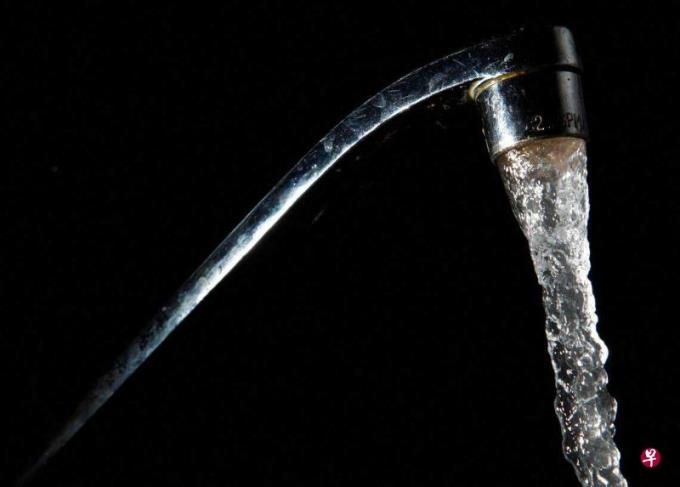
A new study shows that nearly half of the United States tap waterSample contains harmful "permanent chemicals".
These permanent chemicals (Forever Chemicals) are used for hundreds of household supplies such as cleaning supplies and pizza boxes. Extensive contact with these permanent chemicals may constitute serious health risks.
Reuters reported that this research carried out by the US Geological Survey (USGS) was detected to test the tap water samples of more than 700 residential, enterprises and drinking water treatment plants in the United States to check whether there is any existence in tap water existenceFluoride/polyfluorohlloxyl chemicals (PerfluoroallKyl or PolyfluoroallKyl Chemicals), referred to as PFAS.
In the 1940s, the PFAS developed by TEFLON Non -stick cooking utensils was a large type of artificial chemicals. It has been produced in large numbers and used for various purposes for decades.PFAS is insoluble in water and oil, and is widely used in industrial applications, business and consumer products.
Researchers said that in 45%of tap water samples, at least one kind of synthetic chemicals were detected, which exceeded the benchmark and the legal provisions of the United States.
Because PFAS waterproof, this means that it will not be decomposed in the environment and can remain in the human body for many years.
According to data from the US Disease Control and Prevention Center (CDC), contacting high -concentration PFAS will disturb hormones and liver function, increase the risk of kidney cancer or testicular cancer, reduce baby birth weight and damage the health of pregnant women's healthEssence
Simerlin, a hydrologicalist of the US Geological Survey, who led this research, said that the previous research has detected PFAS in groundwater, reservoir and water treatment plants.Evaluate the ingredients in people's drinking water more accurately.
The U.S. Geological Survey investigates a small part of 12,000 known PFAS types.Research samples were taken from public tap water and private wells from 2016 to 2021, detected 32 of them.

Smolin said that there is no difference in PFAS exposure in private wells and public tap water samples, which is "very surprising."
Public water supply in the United States is supervised by the Environmental Protection Agency, and private wells are not regulated.
Research also found that the risk of U.S. urban residents exposed to PFAS in drinking water is higher than rural residents.




